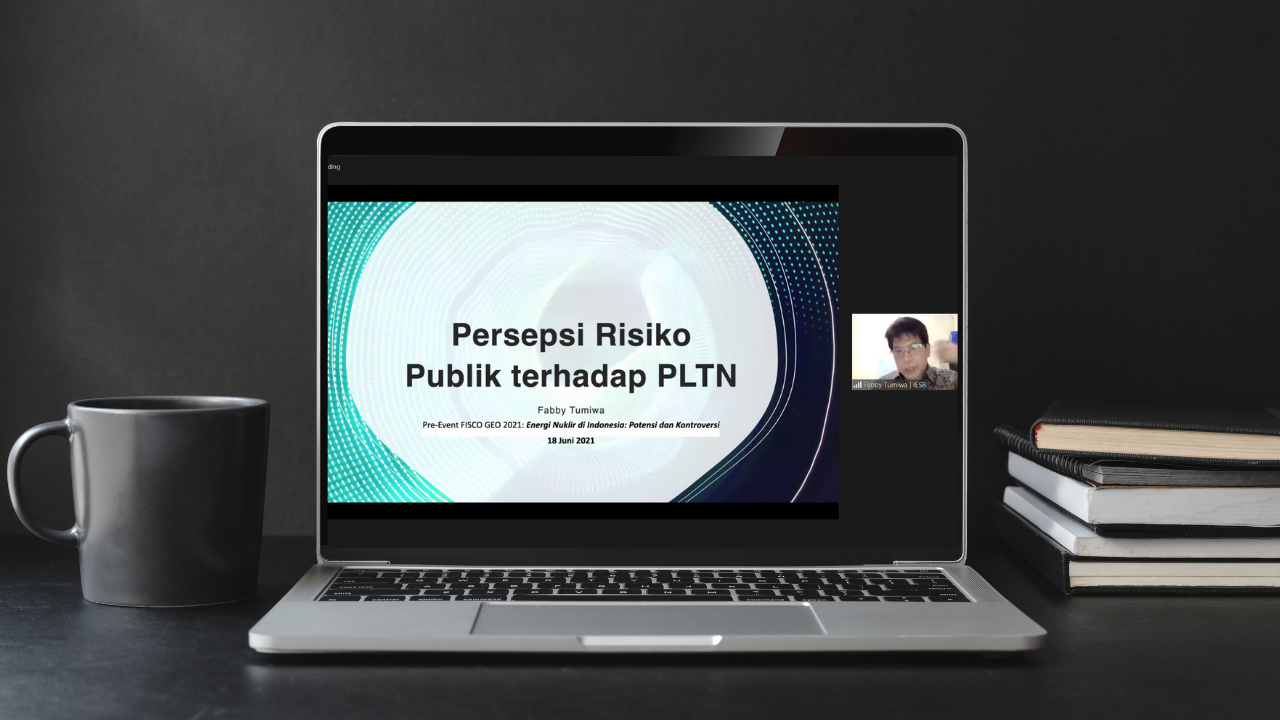Nuclear energy has created a dialogue and debate about the benefits and risks it brings. On the one hand, nuclear energy can meet energy needs, and can be used in various fields such as medical and military. But nuclear power also carries the risk of radiation leakage. There are noteworthy nuclear accidents, starting from Three…

